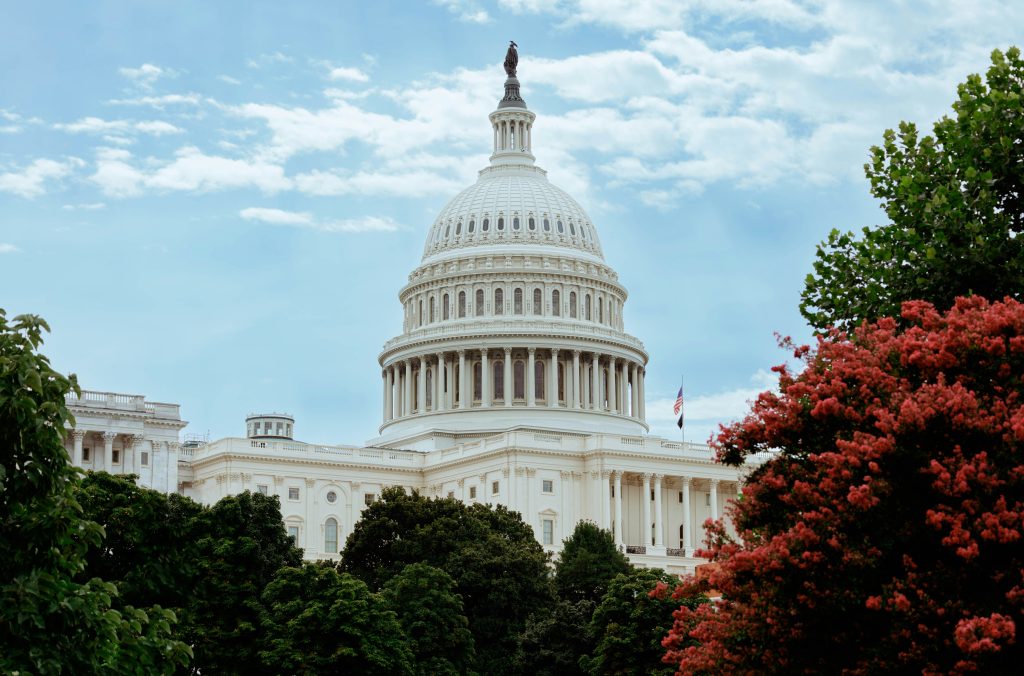UAW Files Labor Charges Against Trump and Musk Amid Controversial Interview
In a dramatic turn of events, the United Auto Workers (UAW) union has taken significant legal action by filing federal labor charges against former President Donald Trump and Tesla CEO Elon Musk. This move comes on the heels of a chaotic and technically troubled interview between the two prominent figures on Musk’s social media platform, X, previously known as Twitter. The interview, which drew considerable attention, was marred by technical glitches and disorganization, leading to a perplexing experience for viewers.
The UAW’s charges highlight ongoing tensions surrounding labor rights and the actions of influential business leaders. UAW President Shawn Fain criticized Trump, accusing him of being anti-labor, which resonates with the union’s efforts to protect workers’ rights in the automotive industry. The union’s actions against both Trump and Musk signal a growing unrest among labor organizations as they confront political figures who they believe undermine worker rights.
Over the past few days, X has faced significant backlash, with reports of reduced visibility for progressive voices, particularly those supporting Democratic presidential candidate Kamala Harris. The platform’s recent struggles have raised questions about its commitment to free speech and the implications of its policies on political discourse. This situation has been intensified by the high-profile interaction between Trump and Musk, as it brings into focus the intersection of technology, politics, and labor issues.
During the interview, Trump recounted details of his assassination attempt, a narrative that has sparked debate and concern among viewers. His promises of the largest deportation in U.S. history further fueled the contentious atmosphere surrounding the discussion. Meanwhile, Musk’s controversial views on various subjects, including international politics, have often drawn scrutiny, raising questions about his influence on public opinion through his platform.
As the UAW moves forward with its charges, the implications for both Musk and Trump could be significant. The legal challenges may serve as a catalyst for broader discussions about the responsibilities of business leaders in the political arena, particularly regarding labor rights and ethical governance. The unfolding saga between these two influential figures not only highlights the complexities of modern politics but also illustrates the potential consequences of their actions within the labor movement.
The recent events surrounding this interview and the subsequent labor charges underscore the need for accountability and transparency among those in power. As labor organizations continue to advocate for workers’ rights, the actions of individuals like Trump and Musk will undoubtedly remain in the spotlight, shaping the future of labor relations in the United States.
In conclusion, the intersection of labor rights, political discourse, and social media dynamics is becoming increasingly critical in today’s society. The UAW’s bold move against Trump and Musk is a significant step in holding powerful figures accountable and ensuring that the voices of workers are heard in the ongoing battle for fair treatment and rights in the workplace.
Tags: DDoS attack, Elon Musk, Labor Charges, Trump Musk interview
Technical Glitches Mar Elon Musk’s Interview with Donald Trump
In an anticipated yet chaotic interview, Elon Musk’s recent conversation with former President Donald Trump on the platform X has stirred up controversy and left audiences bewildered. What was supposed to be a groundbreaking discussion quickly devolved into a series of technical issues, which Musk attributed to a cyber attack.
The two-hour dialogue was supposed to cover a range of topics, from Trump’s controversial policies to Musk’s vision for the future of technology. However, the event started on a rocky note, as Musk claimed that a Distributed Denial-of-Service (DDoS) attack had overwhelmed the servers, preventing him from launching the stream on time. Experts, however, have questioned this assertion, suggesting that such a technical issue might not have been caused by external interference as Musk claimed.
The interview’s content itself was less than revelatory. Trump, who is currently a Republican presidential candidate, revisited familiar themes, such as his views on illegal immigration and the need to cut government regulations. He even took the opportunity to discuss his recent assassination attempt, a topic that has garnered significant media attention. As the former president spoke, he praised Musk for his controversial decision to fire workers who sought to strike, a statement that has drawn ire from labor unions.
The United Auto Workers (UAW) union has since filed federal labor charges against both Trump and Musk, accusing them of illegally threatening workers during the interview. UAW President Shawn Fain voiced concerns over the implications of their conversation, suggesting it undermined workers’ rights and safety. This development has sparked a broader discussion about the responsibilities of influential figures in the tech and political landscapes.
Audience reactions to the interview have been mixed. Some viewers expressed disappointment over the lack of new information, with many noting that the dialogue felt repetitive and uninformative. Critics have pointed out that the conversation seemed more like a platform for Trump to air his grievances than a meaningful exchange of ideas. Furthermore, the technical difficulties and Musk’s defensive posture regarding the DDoS claims have led some to question the credibility of the event.
Musk’s decision to host Trump on his platform has also raised eyebrows. The intertwining of tech and politics has become increasingly contentious, especially in light of past controversies involving misinformation and the handling of user data. Musk’s actions have prompted discussions about the ethical implications of allowing political figures to engage with audiences on social media platforms, especially when those figures have a history of divisive rhetoric.
In the aftermath of the interview, discussions surrounding labor rights, technology’s role in politics, and the responsibilities of platform owners have taken center stage. As figures like Musk and Trump continue to exert influence, questions about accountability and the impact of their words have never been more pertinent.
Ultimately, this interview serves as a microcosm of the broader issues at play in today’s political and technological landscape. As audiences seek clarity and insight, events like these remind us of the complexities and challenges that come with the intersection of technology and politics.
Tags: cyber attack, interview, Labor Rights, Musk, Trump, Trump Musk interview
Technical Glitches Overshadow Trump-Musk Interview Amid Cyberattack Claims
In a highly anticipated interview between tech billionaire Elon Musk and former President Donald Trump, the event fell short of expectations as technical difficulties plagued the discussion. The interview, streamed on X, was intended to provide insight into Trump’s campaign and Musk’s views on various issues, but instead became a focal point for controversy and speculation.
Musk, known for his ambitious ventures in technology and space, took to social media to express his frustration over the interruptions. He attributed the technical glitches to a distributed denial-of-service (DDoS) attack, a cyber assault designed to overwhelm servers and disrupt service. However, experts have cast doubt on Musk’s claims, suggesting that the issues may have stemmed from other technical failures rather than a coordinated cyber attack.
The interview itself, while featuring familiar talking points from Trump, did not offer any groundbreaking news or revelations. Instead, it felt like a rehash of past discussions, leaving viewers wanting more substance. Many tuned in hoping for a dynamic exchange of ideas, but instead were met with an awkward situation as audio issues prevented a seamless conversation.
Despite the setbacks, Musk’s endorsement of Trump was clear, indicating a continued alignment between the tech mogul and the former president. The interview was meant to showcase Trump’s views as he campaigns for the Republican nomination, but the technical issues shifted the focus away from the content of the discussion to the chaos surrounding it.
As the online world continues to grapple with the implications of cybersecurity threats, this incident highlights the fragility of live-streamed events in the digital age. The reliance on technology for communication has never been more pronounced, and the potential for disruption is a growing concern for public figures and organizations alike.
In summary, while the Trump-Musk interview aimed to provide a platform for political discourse, it instead became a case study in the challenges of modern communication. As viewers reflect on the event, questions remain about the impact of technical issues on public discussions and the role of cyber threats in shaping our digital interactions.
Tags: cybersecurity, DDoS attack, live interview, Political Discourse, Trump Musk, Trump Musk interview


